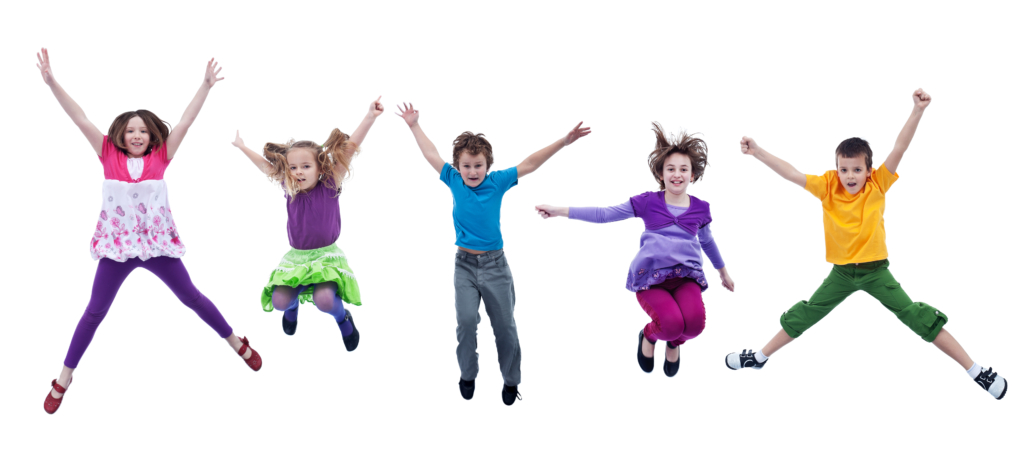

- Call 908 543 4390
- Email
- Dr.Joni Redlich PT,DPT


by Dr. Ali Clodfelter, PT

When it comes to the link between physical therapy and Autism Spectrum Disorder (ASD), many people do not know how PT can help individuals within the ASD community. Well, we are here to tell you just how we can help! Not every individual within the ASD community has motor difficulties, but some individuals within the ASD community need a little bit of help to overcome different motor challenges that may be preventing them from flourishing as their best selves!
Low muscle tone is often described as having ‘loose’ or ‘floppy’ muscles. This is usually because the muscles are not as firm or tight as expected for the stage of development the child is at currently. Kids who experience low muscle tone may have delayed motor skills, difficulty with motor coordination and weakness in their muscles . Low tone is a term used to describe the baseline stiffness of the muscles. High tone would describe muscles that are in a tighter resting state and low tone describes muscles that are in a more relaxed resting state. For more detail, visit the Kid PT Low Tone page.https://kidpt.com/low-tone/
Sometimes individuals within the ASD community also have a diagnosis of Low Muscle Tone, usually shortened to Low Tone. Kiddos with low tone have a harder time activating their muscles as quickly and easily as those without low tone. It can make dealing with gravity on an everyday basis very challenging. When a child is frequently losing the battle with gravity, there are some clues to look for like:
Is Physical Therapy Useful for Autism Spectrum Disorders?
Kids with low tone can really benefit from physical therapy because it helps improve their ability to make their muscles ready for challenging tasks. This means, when they go to try a task where gravity previously won the battle, they know how to activate their muscles beforehand (eventually without even thinking about it), and can perform the task with greater ease and safety.
Children with Low Tone also have difficulty with postural control. Postural control affects their balance. If your child has difficulty with postural control, it may cause them to have difficulty keeping their balance when sitting in a chair, walking on unstable surfaces or narrow surfaces, and it may make it very hard for them to stand still. Often when a child has difficulty with postural control that affects their balance in standing, they will keep moving or keep taking steps forward just to keep from falling! That is a lot of work that they are doing every day just to keep their balance!
With improvements in muscle readiness and postural control, kids with Autism gain the stability they need to do everyday tasks with greater ease. With greater ease of movement, kids are able to grow and learn to do motor tasks they never thought possible. It is this growth we love to see and support, and it is why we do what we do!
Our approach is to respect neurodiversity while supporting the needs of autistic children and teens from a sensory and motor perspective.
Our pediatric physical therapists work with autistic children and teens first seeking CONNECTIONS, building relationships with children, and then building from there. You can read about Autism and our founder, Dr. Joni Redlich’s B”Turn Stumbling Blocks into Building Blocks” here https://kidpt.com/autism/
If any of these descriptions sound like your child, call us at Kid PT today for a free Discovery Visit, where we can discuss if physical therapy is the right fit for your child and why!

Leave a Reply
Want to join the discussion?Feel free to contribute!